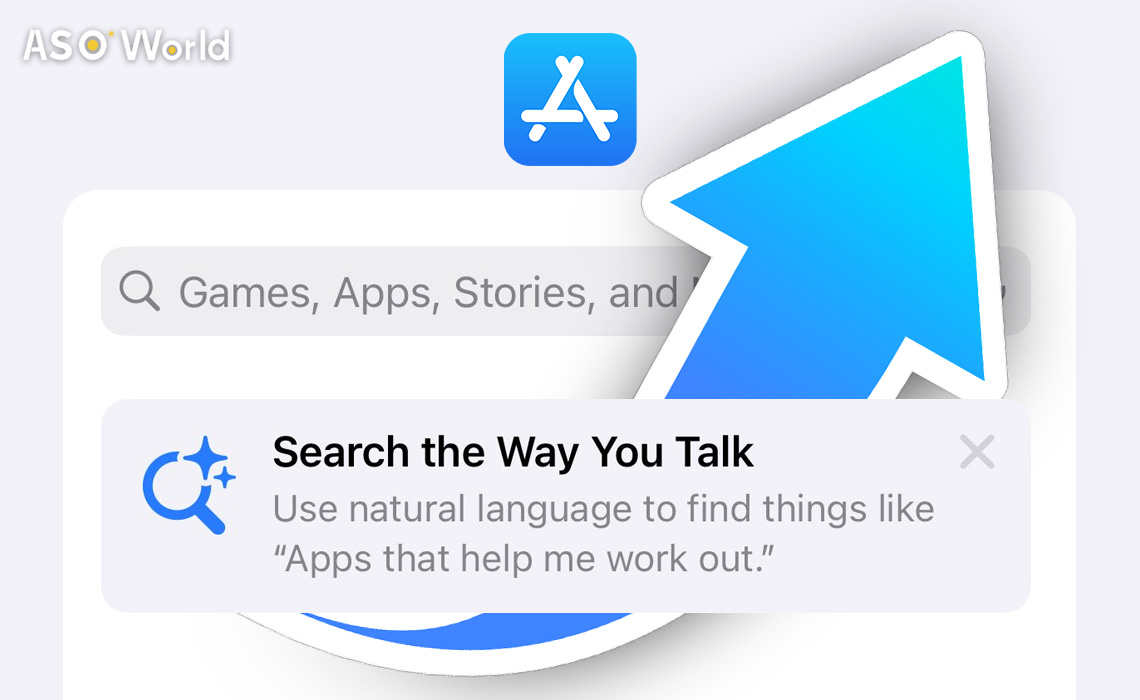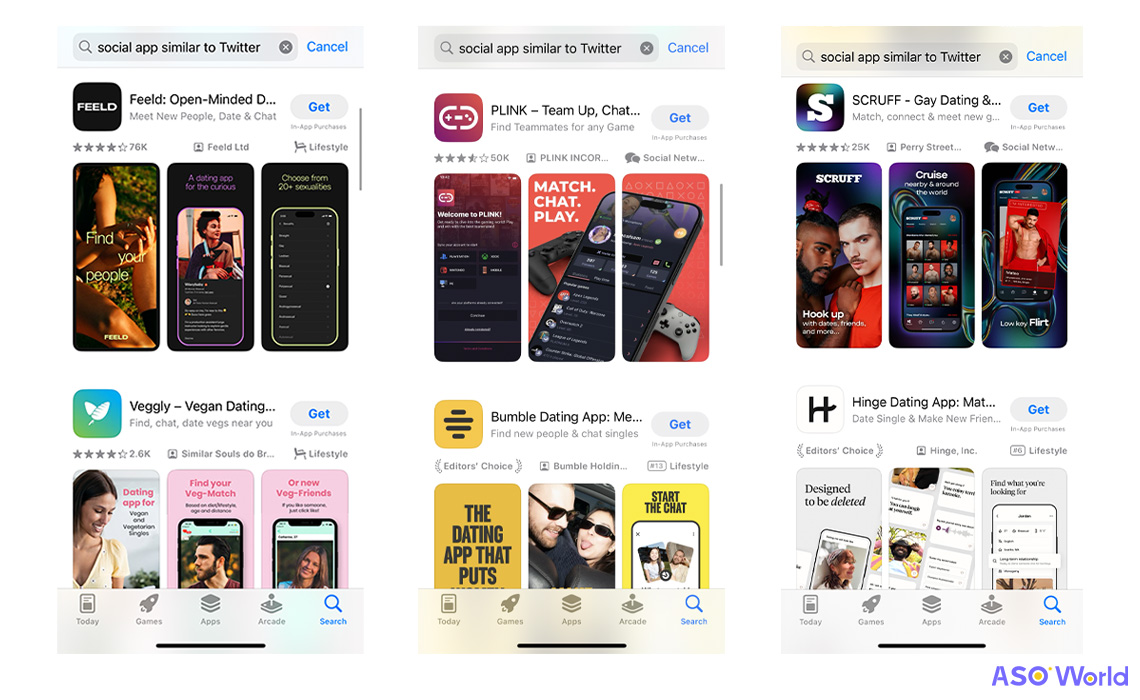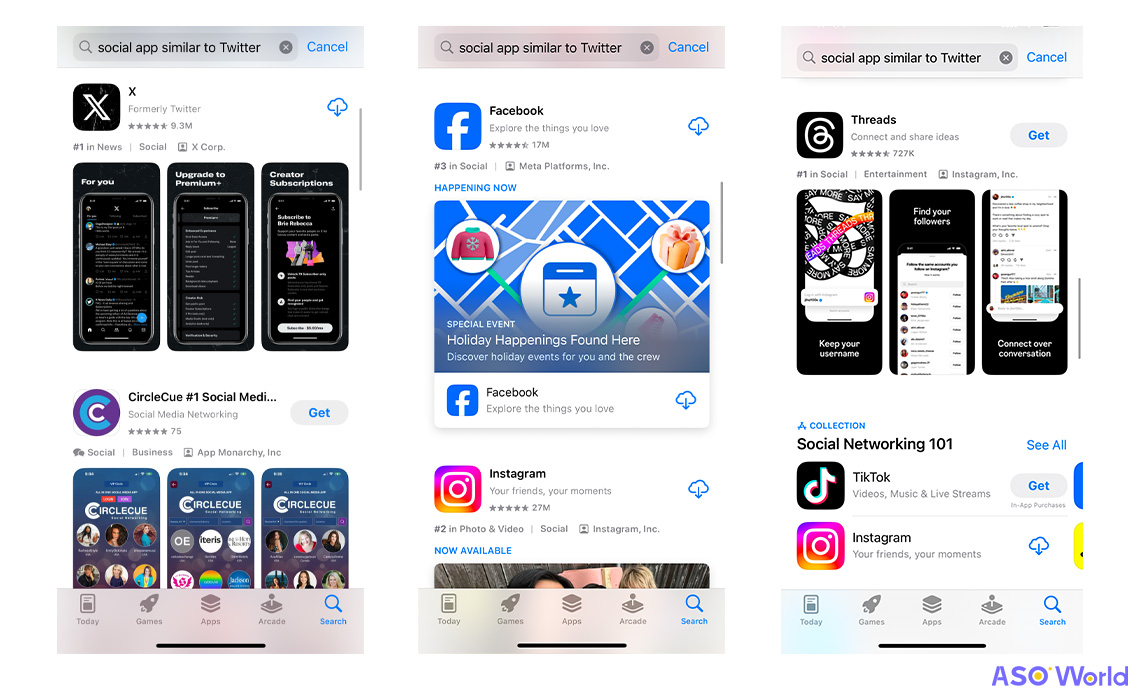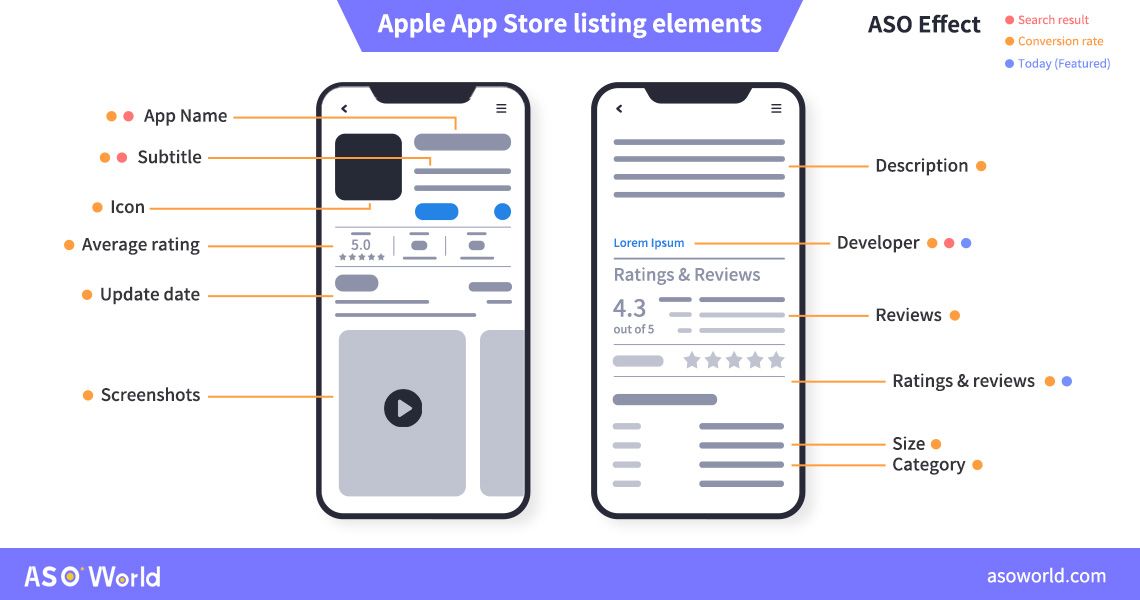





Increase app discoverability by refining optimisation strategies to better match user intent in iOS 18.1’s enhanced search experience.

With the release of iOS 18.1, Apple quietly rolled out natural language search in the App Store.
Overshadowed by the fanfare around Apple Intelligence, this change has flown somewhat under the radar — yet from an ASO (App Store Optimisation) standpoint, it could be one of the most significant updates of the year.
In short: this is a golden opportunity, especially for smaller and indie developers. When leveraged properly, natural language search can deliver massive exposure that was previously almost impossible to achieve.
In this post, I'll explain exactly why this matters and, more importantly, how you can adapt your app marketing strategy to make the most of it.
Natural Language Search lets users find apps by typing everyday sentences or questions instead of rigid keywords.
Examples:
• “Best apps for learning Chinese”
• “Fitness tracker for beginners”
• “Social network like Twitter”
The App Store now understands intent and context the way a human would, rather than relying solely on exact keyword matches.
The old keyword-stuffing tricks are losing power. Search results are now driven by semantic relevance, which is brilliant news for smaller apps.
Before iOS 18.1: “social app similar to Twitter” returned mostly dating apps
After iOS 18.1: relevant social platforms appear, including a tiny app with only 75 ratings ranking #2 — above Facebook
Yes, you read that right: a micro-app just beat Facebook in a relevant natural-language query. This shift can funnel serious traffic to niche and indie titles.
Exact-match keyword ranking is becoming less dominant. The algorithm now prioritises meaning and user intent over stuffing the same word repeatedly.
That makes keyword strategy more sophisticated — but also fairer.
Actionable resource: How to Boost App Store Search Traffic with Keyword Research & Optimisation
Start asking: “How do real people talk about apps like mine?”
Gather real questions from support emails, reviews, Reddit, Quora, and social media. These conversational phrases are your new goldmine.
Weave natural questions and long-tail phrases directly into your title, subtitle, keyword field, and especially your description.
Example (Fitness App):
Instead of repeating "fitness tracker" ten times, write:
"Looking for a beginner-friendly workout app that tracks steps and suggests easy home exercises? [App Name] is designed exactly for people starting their fitness journey…"

Further reading: App Store Optimisation: All-in-One Guide to Boost Visibility in App Store & Google Play
Reviews containing natural-language phrases (“great for learning Spanish on the go”) now carry extra weight. Prompt happy users to leave detailed, conversational feedback.
Natural language search in iOS 18.1 hands smaller developers one of the biggest visibility opportunities in years. The App Store is finally rewarding relevance and genuine user intent over gaming the old keyword system.
Start researching how your target audience actually talks about apps in your category, then weave those real-world phrases throughout your metadata. Do it quickly — the developers who adapt first will capture the lion’s share of this new organic traffic wave.

Get FREE Optimization Consultation
Let's Grow Your App & Get Massive Traffic!
All content, layout and frame code of all ASOWorld blog sections belong to the original content and technical team, all reproduction and references need to indicate the source and link in the obvious position, otherwise legal responsibility will be pursued.